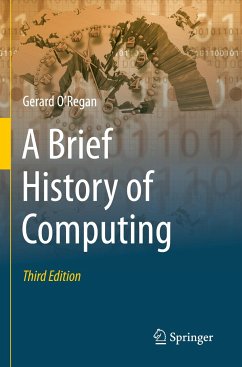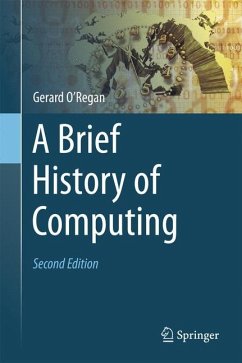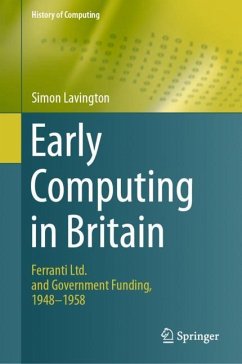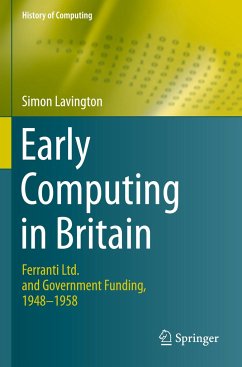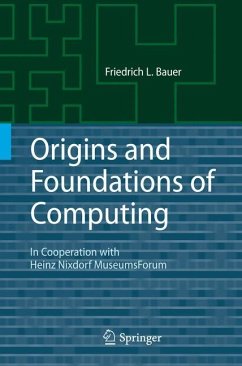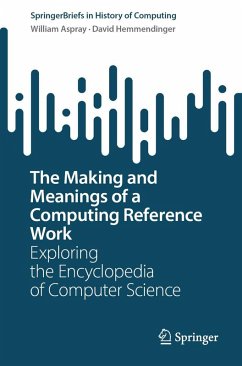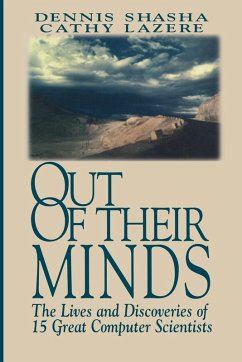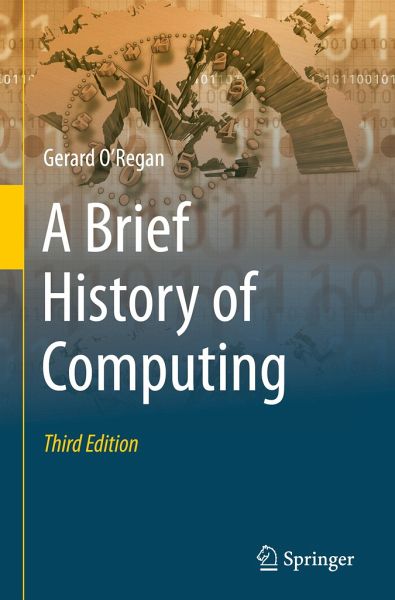
A Brief History of Computing
Versandkostenfrei!
Versandfertig in 6-10 Tagen
49,99 €
inkl. MwSt.
Weitere Ausgaben:

PAYBACK Punkte
25 °P sammeln!
This lively and fascinating text traces the key developments in computation - from 3000 B.C. to the present day - in an easy-to-follow and concise manner. Topics and features: ideal for self-study, offering many pedagogical features such as chapter-opening key topics, chapter introductions and summaries, exercises, and a glossary; presents detailed information on major figures in computing, such as Boole, Babbage, Shannon, Turing, Zuse and Von Neumann; discusses the earliest computers developed in the United States, Germany and Britain; discusses the development of the IBM 360 family of comput...
This lively and fascinating text traces the key developments in computation - from 3000 B.C. to the present day - in an easy-to-follow and concise manner. Topics and features: ideal for self-study, offering many pedagogical features such as chapter-opening key topics, chapter introductions and summaries, exercises, and a glossary; presents detailed information on major figures in computing, such as Boole, Babbage, Shannon, Turing, Zuse and Von Neumann; discusses the earliest computers developed in the United States, Germany and Britain; discusses the development of the IBM 360 family of computers and its importance; discusses the invention of the transistor and integrated circuit; discusses the birth of the software industry and the evolution of human-computer interaction; reviews the history of programming languages, operating systems and software engineering; discusses the progress of artificial intelligence; discusses the invention of the microprocessor and the development of home and personal computers; examines the impact on society of the introduction of the personal computer, the World Wide Web, and the development of mobile phone technology; discusses smart phones and social media and the challenge of fake news; reviews a miscellany of innovations in the computing field such as cloud computing, the Internet of Things, and Quantum Computing; discusses legal aspects of computing and the professional responsibilities of computer professionals.




